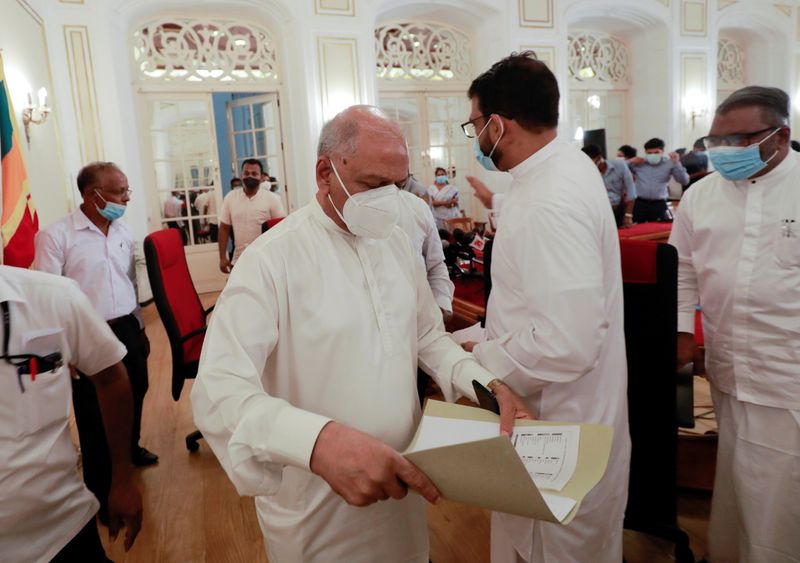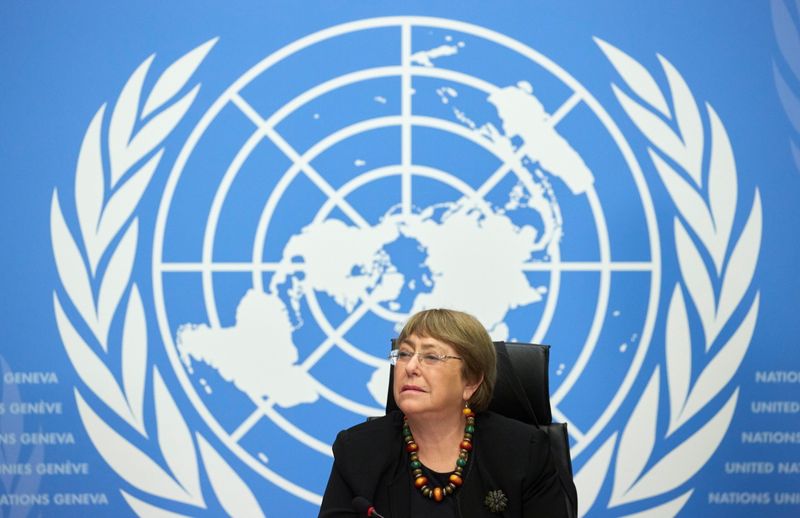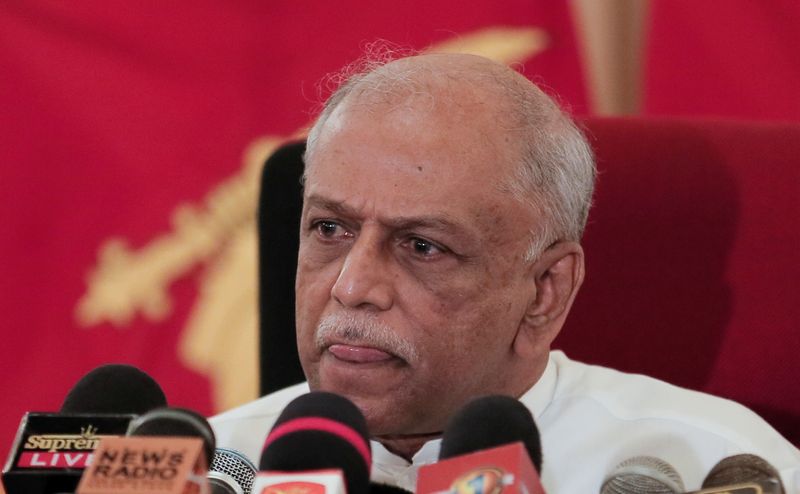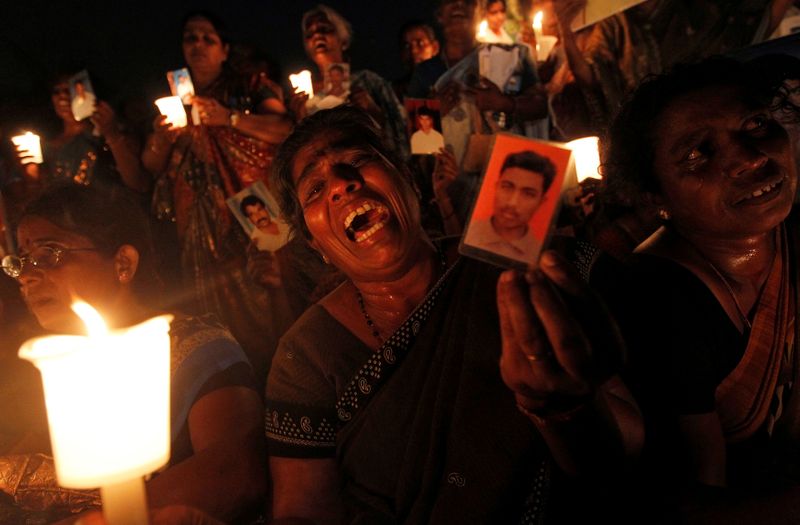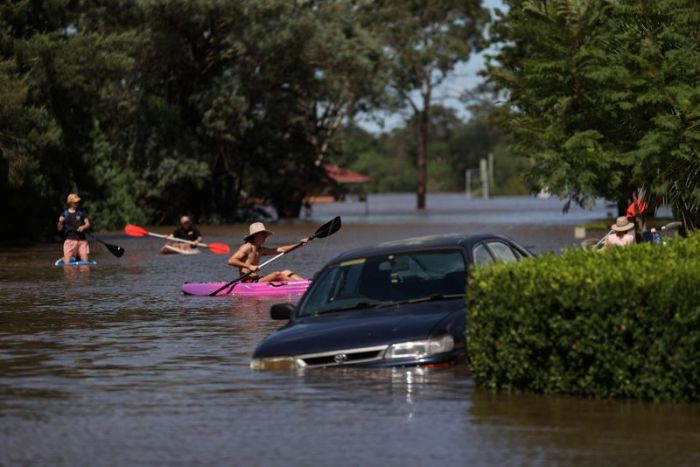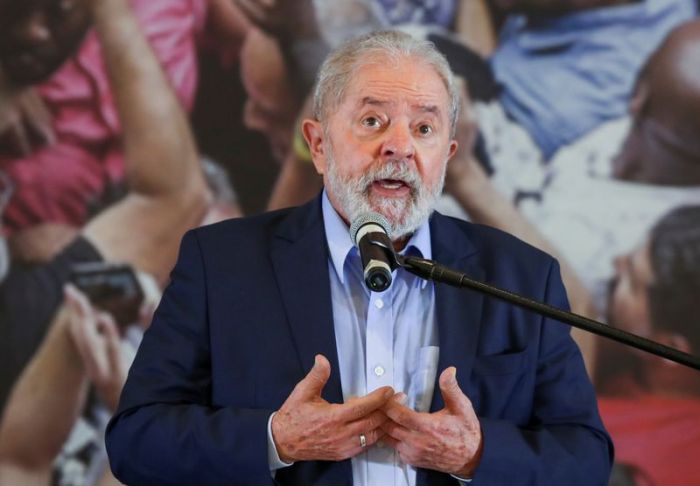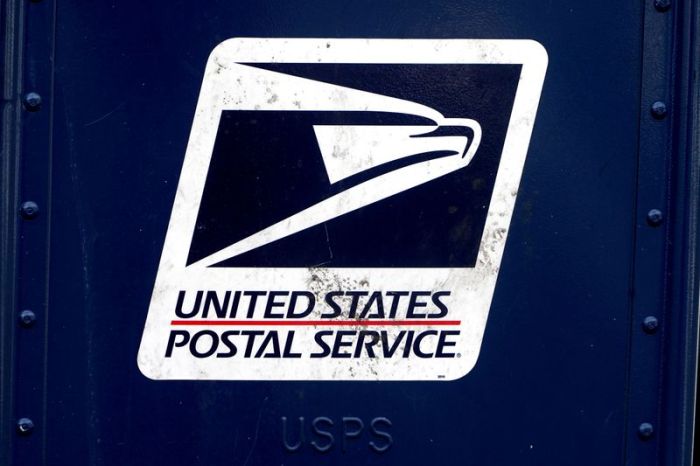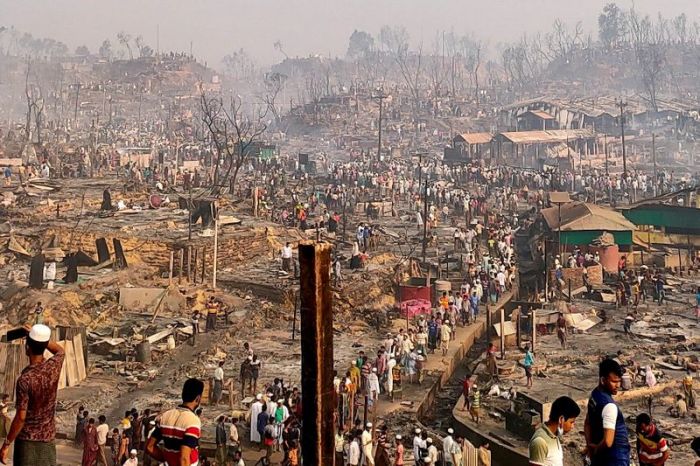GENEVA/NEW DELHI (Reuters) -U.N. human rights boss Michelle Bachelet received a mandate on Tuesday to collect evidence of crimes during Sri Lanka’s long civil war, which ended in 2009 with the defeat of the separatist Tamil Tigers and an upsurge of civilian deaths.
The United Nations believes 80,000-100,000 people died in the 26-year conflict, in which the rebels sought to carve out a separate state for the Tamil minority.
It has accused both sides of war crimes.
In the final months, the army pinned the Tigers into a tiny strip of northeastern coast in a ferocious offensive, where the government says the rebels kept thousands of civilians as human shields, exacerbating the death toll.
“It is hugely significant for victims,” said Yasmin Sooka, a rights lawyer involved in a civil prosecution against Sri Lanka’s current President Gotabaya Rajapaksa for alleged war crimes, after the U.N. Human Right Council resolution.
“It really is a recognition that at the domestic level, processes have failed and there is no real hope that victims will access justice,” she told Reuters.
The Geneva-based rights council adopted a resolution, spearheaded by Britain, giving Bachelet’s office new staff, powers and a $2.8 million budget to look at Sri Lanka’s war, with a view to future prosecutions.
The vote was 22 in favour, with 11 against including China and Pakistan, and 14 abstentions including neighbouring India.
‘MESSAGE TO PERPETRATORS’
“Impunity has become more entrenched, progress in emblematic cases has stalled,” British ambassador Julian Braithwaite said, presenting the text for a group including Canada, Germany, Malawi, Montenegro and North Macedonia.
At a press conference in Sri Lanka’s capital Colombo, Foreign Minister Dinesh Gunewardena said the resolution lacked authority as more nations voted against or abstained than in favour.
“The resolution was brought by countries supported by Western powers that want to dominate the Global South,” he said.
Sri Lanka’s U.N. envoy, C.A. Chandraprema, called the text “unhelpful and divisive”.
Bachelet had in January urged states to impose sanctions on former Sri Lankan military commanders, including the current army chief, suspected of links to atrocities during the latter part of the war.
Rajapaksa, who served as the country’s wartime defence chief, has maintained his innocence, and the case was withdrawn after he attained immunity on becoming president in 2019.
The U.N. forum’s resolution also expressed alarm at new signs of deteriorating rights in Sri Lanka. These included putting military officers in charge of civilian government functions, an erosion of judicial independence, and impunity and political obstruction of accountability for crimes.
“This resolution should send a clear message to perpetrators of past and current crimes that they cannot continue to act with impunity,” said Hilary Power, rights group Amnesty International’s representative to the United Nations in Geneva.
(Writing by Stephanie Nebehay in Geneva, Alasdair Pal in New Delhi and Waruna Karunatilake in Colombo; Editing by Kevin Liffey and Andrew Cawthorne)

